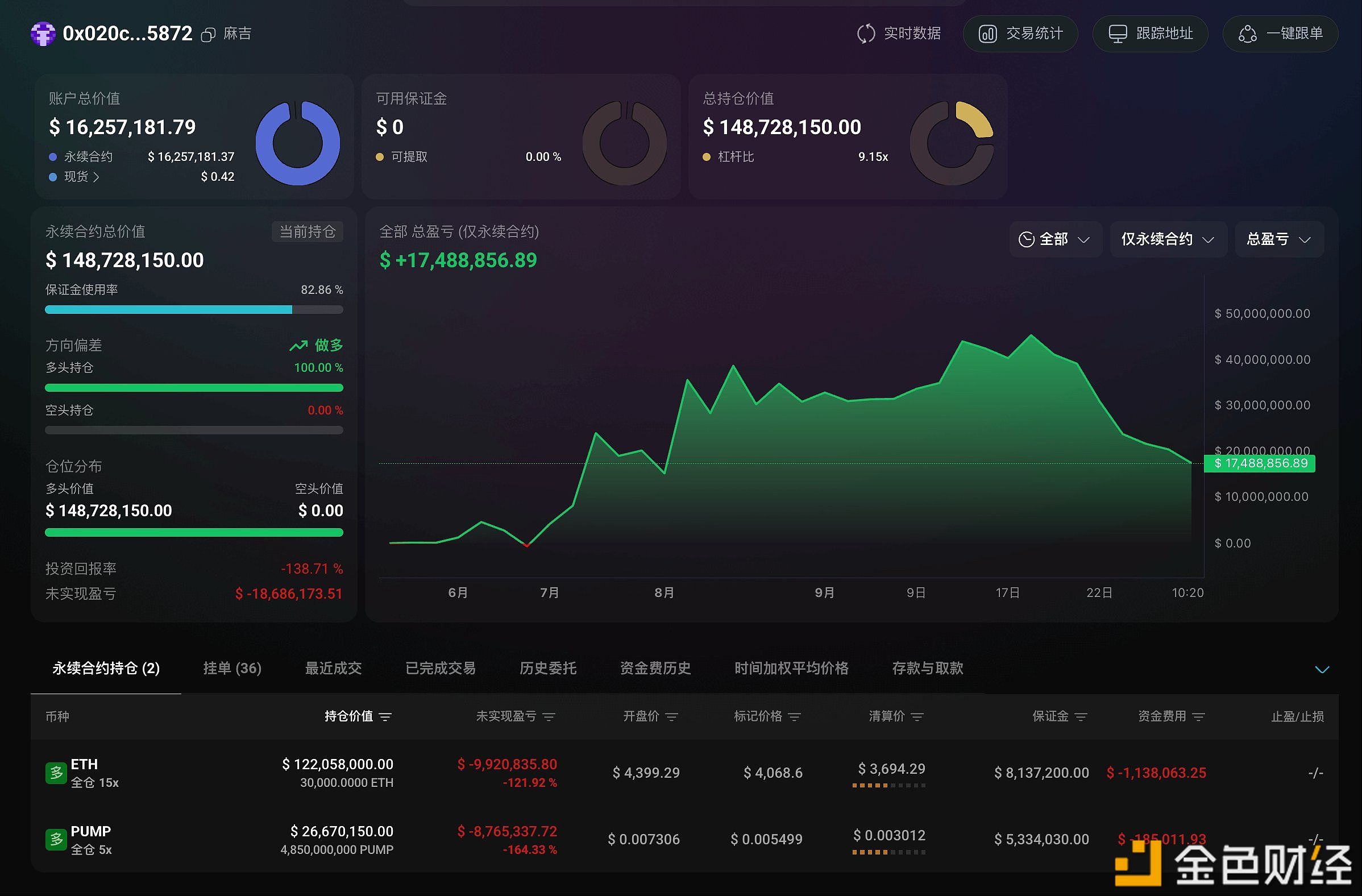The Japan Financial Services Agency proposes to establish lightweight legislation for non-exchange crypto intermediaries
Japan is considering implementing new lightweight legislation for cryptocurrency intermediaries of non-cryptocurrency exchanges. Recently, the Financial Services Agency (FSA) of Japan presented its ideas to the Payment Services Working Group of the Financial System Council. In 2017, Japan introduced legislation for Cryptocurrency Asset Exchange Service Providers (CAESP), covering buying and selling cryptocurrencies, acting as brokers, managing funds related to these services or providing custody. However, many so-called introducers who do not operate cryptocurrency exchanges do not consider themselves CAESPs. Therefore, FSA is considering a proposal requiring them to register as intermediaries. Introducers are obligated to provide information to users and will be subject to advertising restrictions; they may also bear liability for damages if problems arise. The FSA has also considered how damage compensation should be handled. Current regulations require other financial service intermediaries that are not part of larger groups to provide collateral for potential damage compensation payments. If an intermediary belongs to a cryptocurrency exchange, then the exchange might assume responsibility for any damage compensation.
Disclaimer: The content of this article solely reflects the author's opinion and does not represent the platform in any capacity. This article is not intended to serve as a reference for making investment decisions.
You may also like
Benchmark analyst reiterates "Buy" rating on Japanese crypto company Metaplanet

GAIN official: Investigating issues related to abnormal token over-issuance
Data: 10 addresses received a total of 210,000 ETH within 6 hours, worth approximately $863 millions.